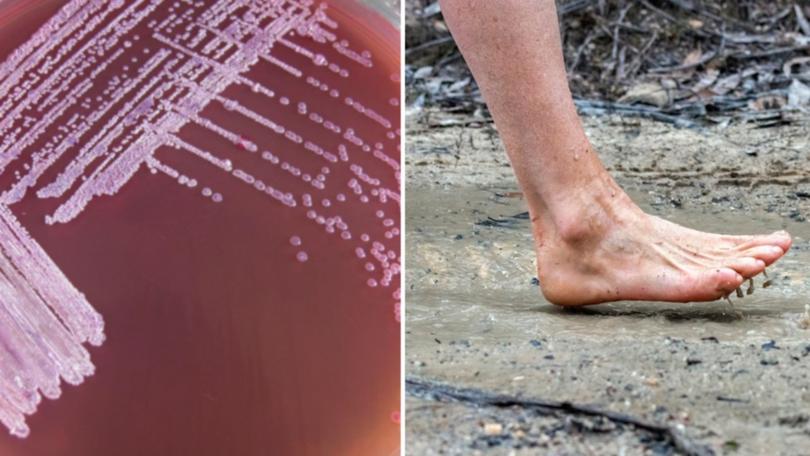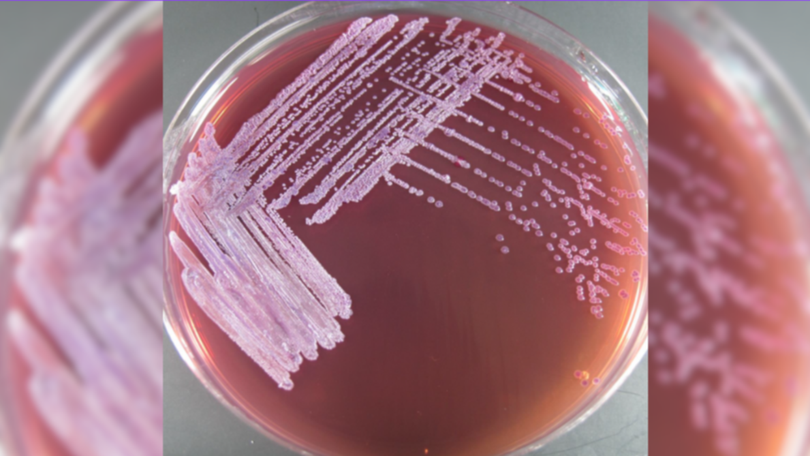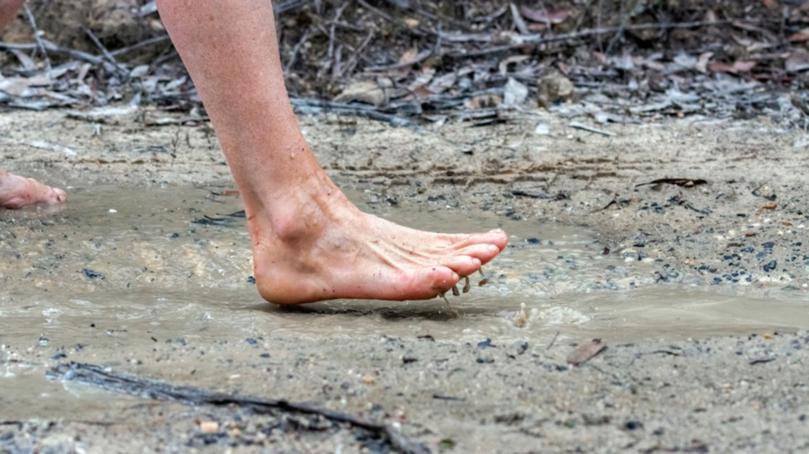Warning as patient dies of infectious disease melioidosis in Australia’s wet northern regions

Another person has died of a deadly disease linked to exposure with contaminated floodwaters.
Melioidosis is caused by an infection from the soil-dwelling bacteria burkholderia pseudomallei — and cases have spiked amid the floods and heavy rainfall in Australia’s north this year.
The Townsville man who died with melioidosis this week was the 31st person killed by the disease in Queensland this year.
Sign up to The Nightly's newsletters.
Get the first look at the digital newspaper, curated daily stories and breaking headlines delivered to your inbox.
By continuing you agree to our Terms and Privacy Policy.In the same week, four other people reported melioidosis cases — three of which were also in the state’s north, in Cairns and Townsville.
In all, there have been 221 melioidosis cases recorded in Queensland this year, health authorities said.
The infection can be caught when any scratches or abrasions make contact with contaminated water, but the bacteria can also be harmful when it is breathed in or ingested.
Symptoms begin with a cough or fever and can deteriorate into complications as severe as sepsis, pneumonia, and organ failure. It can also cause non-healing ulcers or skin sores.
Experts say the disease is called “the great imitator”, often resembling other, more common, infections and delaying diagnosis.

“Melioidosis is treated with strong antibiotics for at least three months. People who are very sick will usually need to go to hospital and might need treatment in intensive care,” Queensland Government said.
“It can be fatal if not treated with the right antibiotics.”
This is why anyone who feels unwell and believes they might have been exposed to contaminated water should seek urgent medical attention.
Heavy alcohol drinkers and people with long-term health conditions such as diabetes, cancer, chronic lung and kidney disease are most at risk.
Healthy adults and children rarely catch melioidosis.
Pets can also contract melioidosis, but the likelihood of a human contracting the disease from their pets is contested — it is possible through the fluids of infected animals but the risk is low.
After exposure, people can get sick anywhere from a few days later to many years later, but the Queensland Government says the usual window for sickness is between one and 21 days after exposure.
There is no vaccine for melioidosis but public health advice offers several suggestions to avoid contact with the deadly bacteria.
Dressing any wounds in waterproof dressings when coming into contact with potentially contaminated soil and water, and wearing waterproof footwear in high-risk areas are all recommended.

Originally published on 7NEWS
